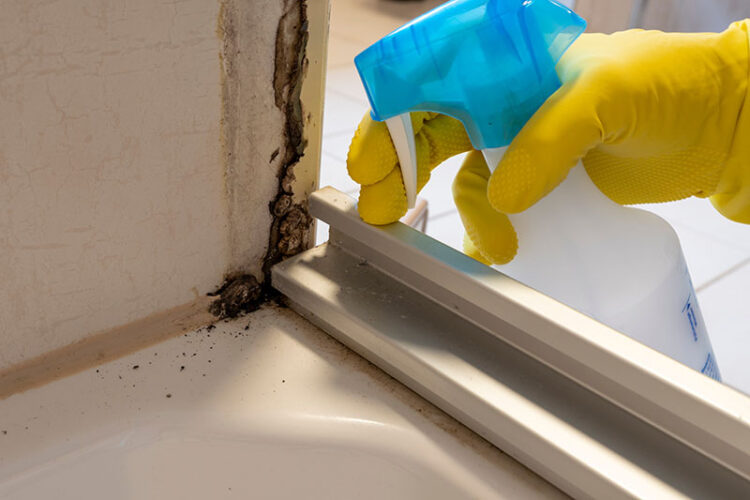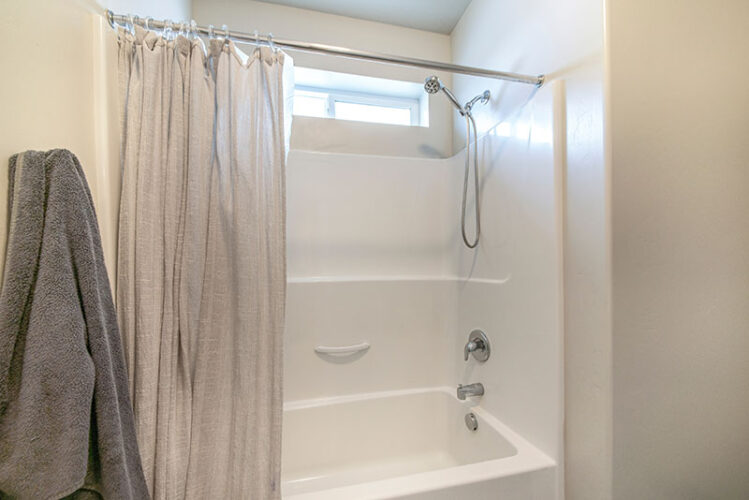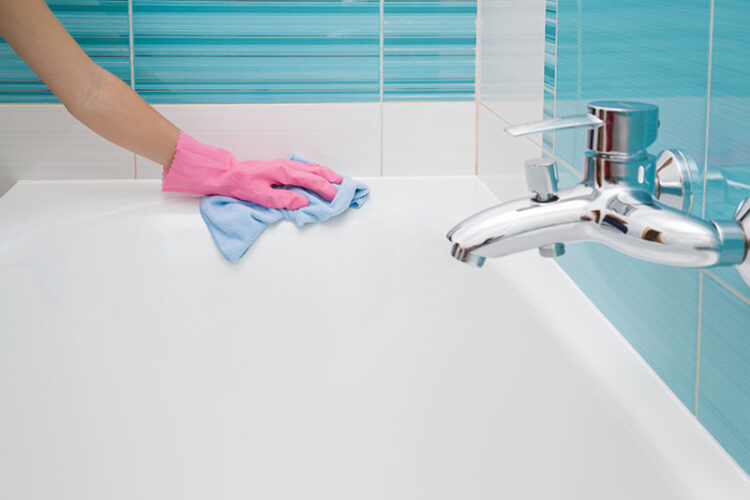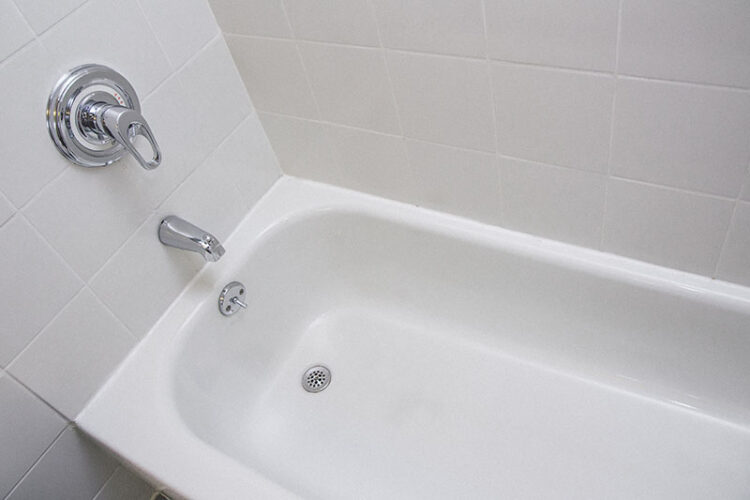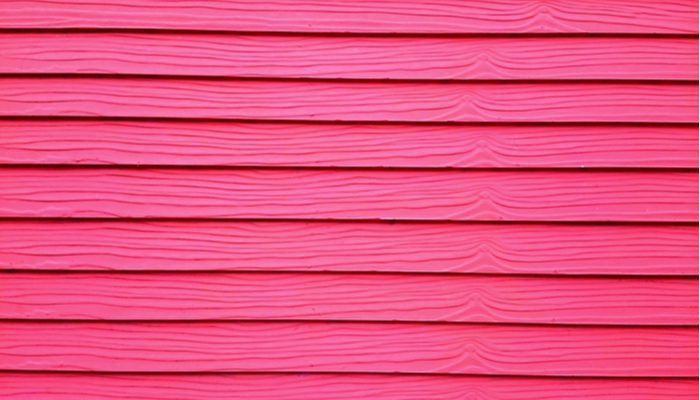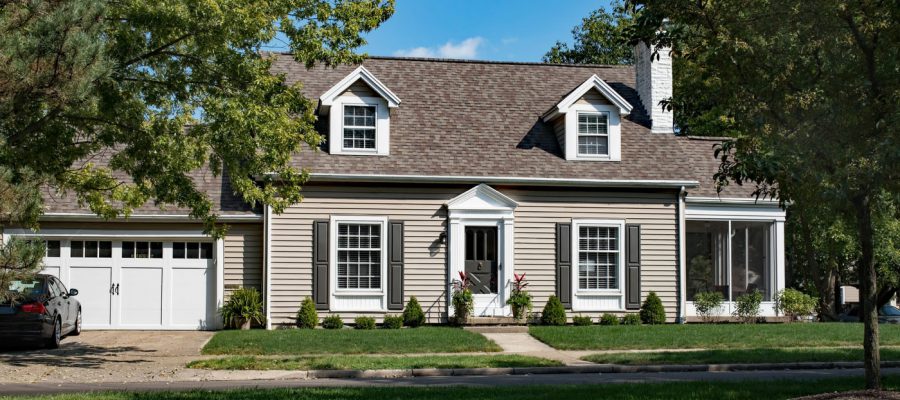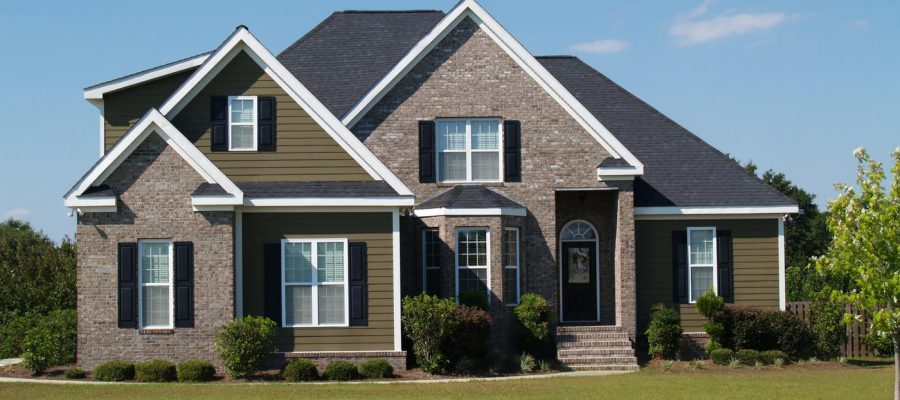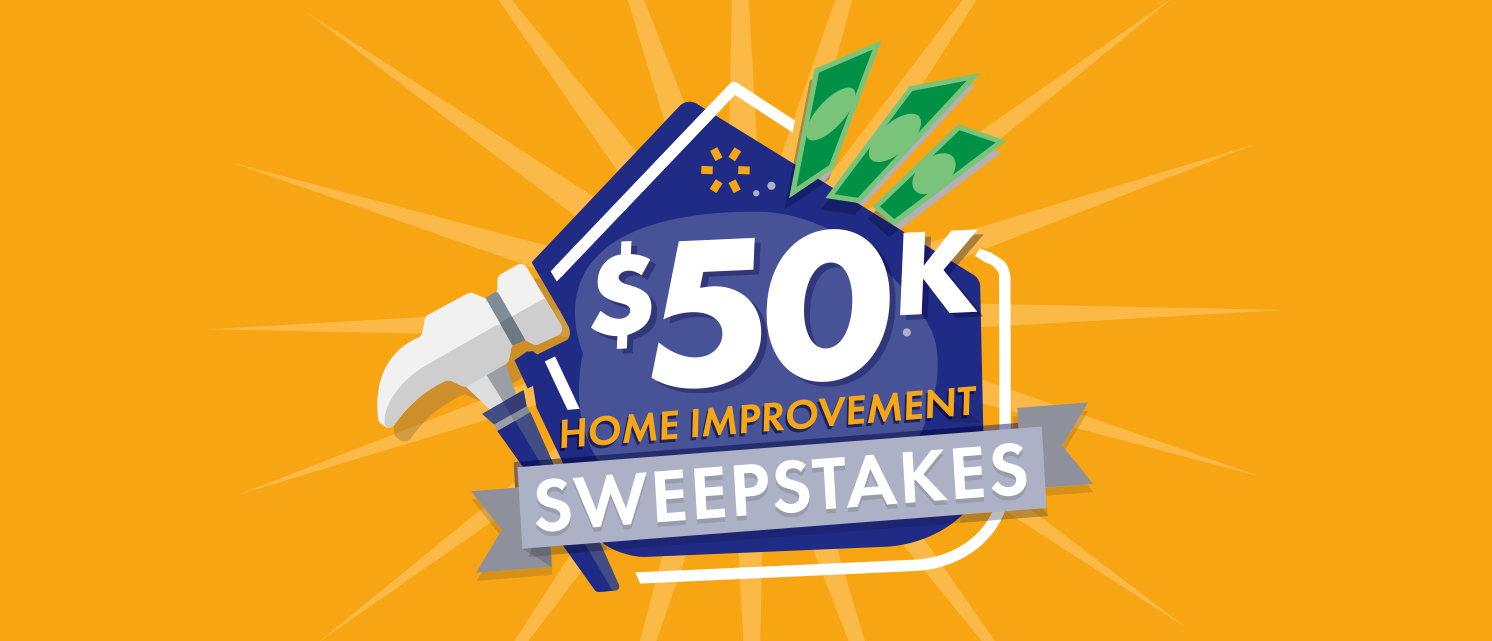Bathtub to Shower Conversion Cost

How much does it cost to convert a bathtub into a shower? That’s a big question on many a homeowner’s mind. A tub-to-shower conversion can revolutionize your bathroom. With that clunky clawfoot tub out of the picture, you can finally achieve the sleek, minimalist lines you’ve always dreamed of. A conversion has practical benefits too, of course. A shower is the first step towards an accessible space.
It clears out all the square footage you could possibly need to brighten your design and open up wheelchair access. Tub-to-shower conversions have a reputation for their impressive return on investment, but this kind of renovation doesn’t come with guarantees. If you want to rack up a respectable ROI, you’ll have to choose your features carefully.
What will it cost?
Bath-to-shower conversions can cost between $7,500 and $20, 000. That’s not the kind of gap you can easily navigate if you’re hoping for estimates, but you can certainly narrow it down by exploring your options. The most important contributors to your ultimate price are:
- The size of your shower.
- The materials you use to line your fixture.
- How extensive your floor repairs will be after your old bathtub has been removed.
- The permit costs.
- Your choice of accessibility, safety, and smart features.
- Upgrades like faucets and showerheads.
- Whether you choose a customized design.
Let’s dig into those contributors.
Get a Free Estimate Today
50% off installation. Special financing available. See details.
Shower type
Today’s décor space is packed with shower designs for every taste and practical need. There are walk-in showers, corner designs, neo-angled, and prefabricated options. There are waterfall features, automated settings, and wi-fi connected faucets. There are premium materials and economical ones, and you have full control of all of those features.
An acrylic or fiberglass pre-fabricated shower is delivered in separate components that are easy to reconstruct. If you’re on a Scrooge budget, you’ll find pre-fabrications for as little as $500, but luxury inserts can set you back thousands of dollars. A prefabricated product will reduce labor costs without requiring you to avoid premium materials.
If you’re short on funds and square footage, a corner shower can shave pennies off your price. This space-saving design doesn’t consume as many materials as a neo-angle model. Walk-in showers fall at the top of the range at an average cost of $6, 641, but if you choose your materials carefully, you might manage a price as low as $3, 100.
Customized options
The more you customize your conversion, the higher your price will climb. Personalized products are professionally-built to your specifications, and that requires plenty of workmanship. Most products are constructed from premium materials like natural stone and porcelain, so they’ll cost you thousands of dollars. That said, they also produce exceptional returns on investment. They’ll raise your property value, so if you’re approaching a resale, they’re an intelligent addition.
Materials
Your materials are the thrust of your overall price, but that doesn’t mean they’ll predict your number within a few dollars.
- Tile will set you back $2 to $17 per square foot.
- Marble is difficult to install, so it comes at a premium of $700 to $4, 400 for the labor alone.
- Acrylics rarely cost more than $3, 000.
- Prefabricated plastic will cost $50 to $1, 000 for both materials and labor.
Return on investment
As with all décor, you pay for the scarcity and quality of your materials. Since high-quality materials are more durable and retain their glistening newness longer, the time between installation and replacement will grow.
Expensive taste can be surprisingly economical. A marble shower that lasts a lifetime is considerably cheaper than several prefabricated shower replacements, so don’t let the price tag fool you. Calculate those lifetime costs with your new shower’s lifespan in mind.
It also pays to consider the value your conversion will add to your property as well as any savings your water-efficient technology will provide. A typical tub uses 50 gallons of water per bath. A standard 10-minute shower uses half as many gallons. Low-flow showerheads will save you an additional 2.5 gallons per minute.
Rebates and tax credits
If you’re performing a conversion to improve disability access, the tax code allows you to deduct it as a medical expense. To add to your savings, WaterSense technologies come with rebates and vouchers in certain states. If you’re replacing a traditional water heater with a tankless product that uses renewable energy, you can add another $300 to your credits.
A bathtub-to-shower conversion can grow and shrink to any budget, but try not to think of it in terms of short-term costs. Your renovation will be offering returns for decades, so think of it as an investment. The bathroom is, after all, one of the most profitable rooms to renovate, and with the right focus, you can achieve your dream room at a surprisingly affordable price.
Need help with a bathtub or shower replacement? Contact 1-800-HANSONS for a free estimate.
Related Articles:
Signs it’s Time to Replace Your Shower
Signs it’s Time to Replace Your Bathtub


